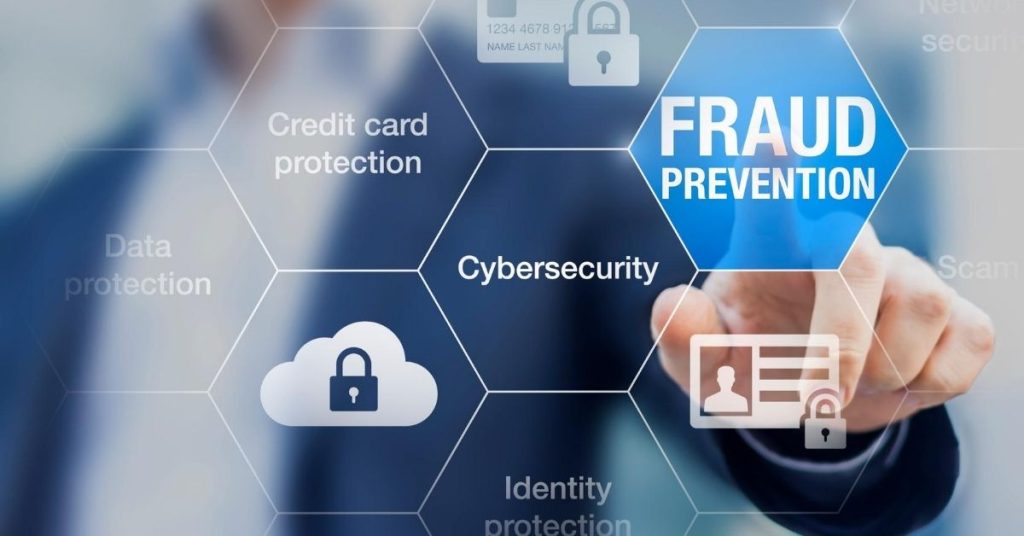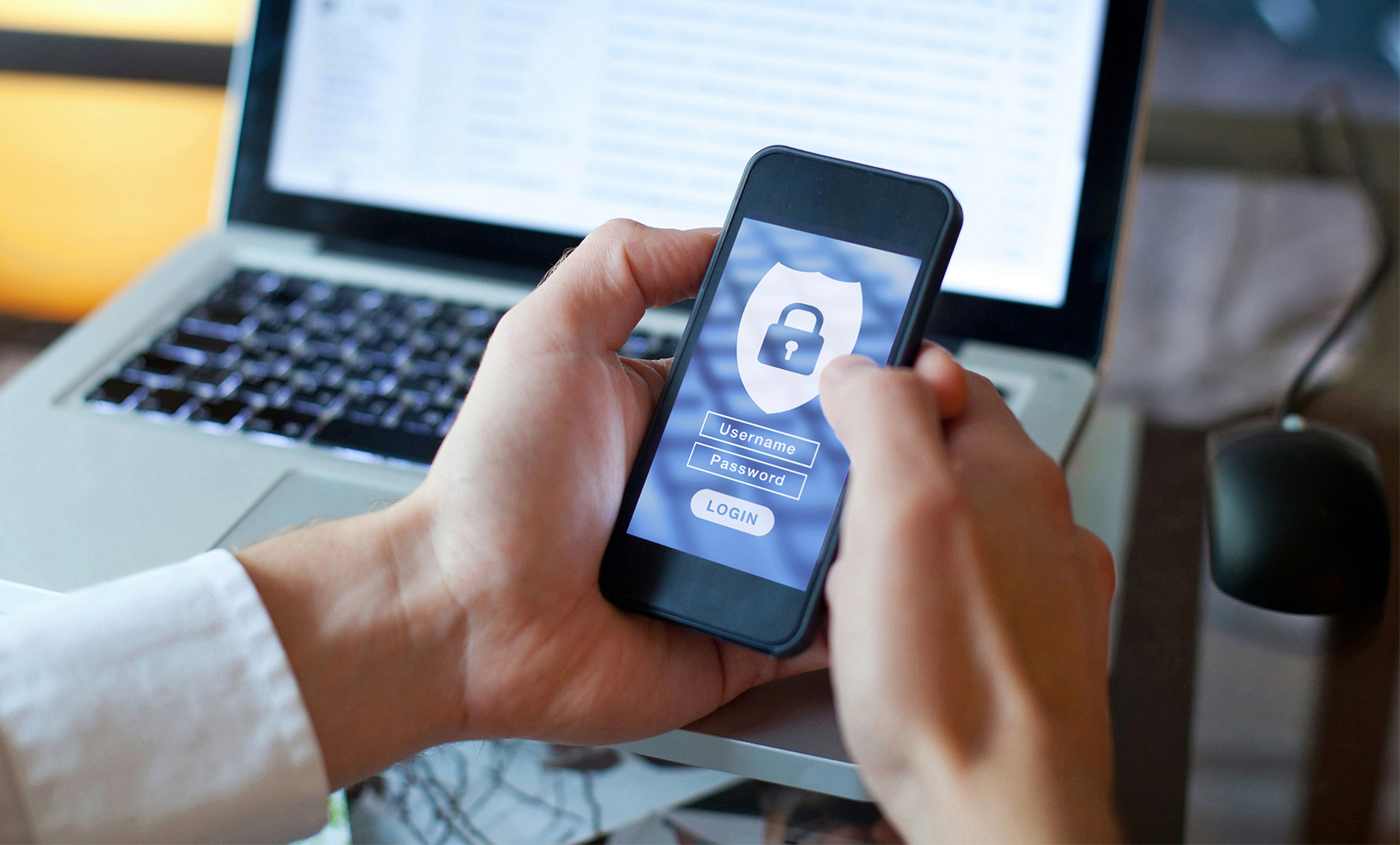Identity theft and financial fraud are serious threats in today’s digital age, especially in the USA, where online transactions and electronic data exchanges are part of everyday life. With sensitive information readily available online, the risks have increased, making it essential to be vigilant about safeguarding your personal information.
Protecting yourself from identity theft is crucial not only to prevent unauthorized use of your financial resources but also to avoid the psychological stress and time-consuming efforts required to restore your identity and finances if compromised.
Understanding identity theft and financial fraud

Identity theft occurs when someone illegally acquires and uses another person’s personal information, such as their Social Security number, credit card details, or bank account numbers, to commit fraud or other crimes. Financial fraud often involves scams intended to deceive individuals into giving up financial information or access to funds.
These two forms of crime are closely related and can have devastating consequences, including drained bank accounts, ruined credit scores, and long-term impacts on financial security.
There are numerous ways criminals can access personal information, including phishing scams, hacking into digital systems, and even physical theft of mail or documents.
In recent years, criminals have become more sophisticated, using a combination of social engineering and digital tools to exploit vulnerabilities. For example, a scammer might call pretending to be from a government agency or a bank and ask for sensitive information.
With advancements in technology, they can also intercept or manipulate online communications, making it harder for victims to recognize they are being targeted until it’s too late.
To prevent these risks, individuals must understand how identity theft and financial fraud happen, recognize common red flags, and implement robust preventive measures.
Safeguarding personal information
One of the most effective ways to protect yourself against identity theft and fraud is by safeguarding your personal information. Many people don’t realize just how easy it is for criminals to obtain personal data, even from seemingly innocent sources.
For instance, sharing too much information on social media can reveal clues that scammers might use to guess passwords or answers to security questions. Simple details like your birthdate, pet’s name, or favorite travel destination can help someone gain access to your accounts.
Protecting your information starts with being mindful of where and how you share it. Avoid disclosing personal data over the phone unless you are certain of the recipient’s identity.
It is also a good idea to avoid sending sensitive information like Social Security numbers or credit card details via email or text, as these can be intercepted. Moreover, consider securing your devices with strong passwords and two-factor authentication to add an extra layer of protection.
Remember that even small precautions can make a significant difference. In addition, you should consider investing in data security tools like firewalls, antivirus software, and virtual private networks (VPNs). These tools help safeguard your online activity, making it harder for hackers to access your data.
It is equally important to regularly update software and applications on your devices, as updates often contain patches for security vulnerabilities that hackers could exploit. By keeping your systems secure, you create a first line of defense against potential threats.
Monitoring your financial activity
Regularly monitoring your financial activity is another crucial step in protecting yourself from fraud. By staying on top of your bank statements, credit card transactions, and credit report, you can quickly spot any suspicious activity and take immediate action.
Many financial institutions offer alert services that notify you of unusual transactions or attempts to access your accounts. Enabling these alerts can provide real-time insights into your finances and help prevent unauthorized access.
Checking your credit report frequently is also essential in spotting signs of identity theft. In the USA, consumers are entitled to a free annual credit report from each of the major credit bureaus—Equifax, Experian, and TransUnion.
Reviewing these reports can reveal any accounts or inquiries you did not authorize, indicating potential fraud. If you find errors or unauthorized accounts, report them to the credit bureau immediately.
Doing so can help prevent further damage to your credit score and protect your future financial stability. Besides checking statements and reports, consider using credit monitoring services that alert you to changes in your credit profile.
While these services might come with a fee, they can provide peace of mind by notifying you of suspicious activities. A credit freeze is another option if you suspect your information has been compromised.
Reacting promptly to suspected fraud
If you suspect that you have become a victim of identity theft or financial fraud, it is crucial to act quickly to minimize the potential damage. Start by contacting your financial institutions and freezing any accounts that may have been compromised.
Inform your bank and credit card companies about the suspicious activity so they can take steps to secure your funds. Many banks offer 24/7 fraud hotlines, allowing you to report issues and get assistance as soon as possible.
Additionally, report the incident to the Federal Trade Commission (FTC) through their IdentityTheft.gov website. The FTC offers valuable resources for dealing with identity theft, including personalized recovery plans.
You can also report fraudulent activity to local law enforcement, especially if you believe someone has obtained your Social Security number or other critical information.
Police reports can sometimes be required when disputing fraudulent accounts or transactions with creditors, so having a formal report on file may be beneficial. Another essential step is to inform the credit bureaus—Equifax, Experian, and TransUnion—of the fraud.
Request that they place a fraud alert on your credit file, which can make it harder for thieves to open new accounts in your name. Fraud alerts are free and last for one year, with the option to extend them if necessary.
Conclusion
In an era where identity theft and financial fraud are growing concerns, being proactive about protecting your personal information is essential. By understanding the nature of these crimes, safeguarding your data, monitoring your financial activities, and responding promptly to any suspicions, you can greatly reduce your risk of becoming a victim.
While no single measure can guarantee complete protection, a combination of awareness, security practices, and vigilance can provide a robust defense. Protecting your identity and finances not only preserves your current resources but also secures your future financial health and peace of mind.

